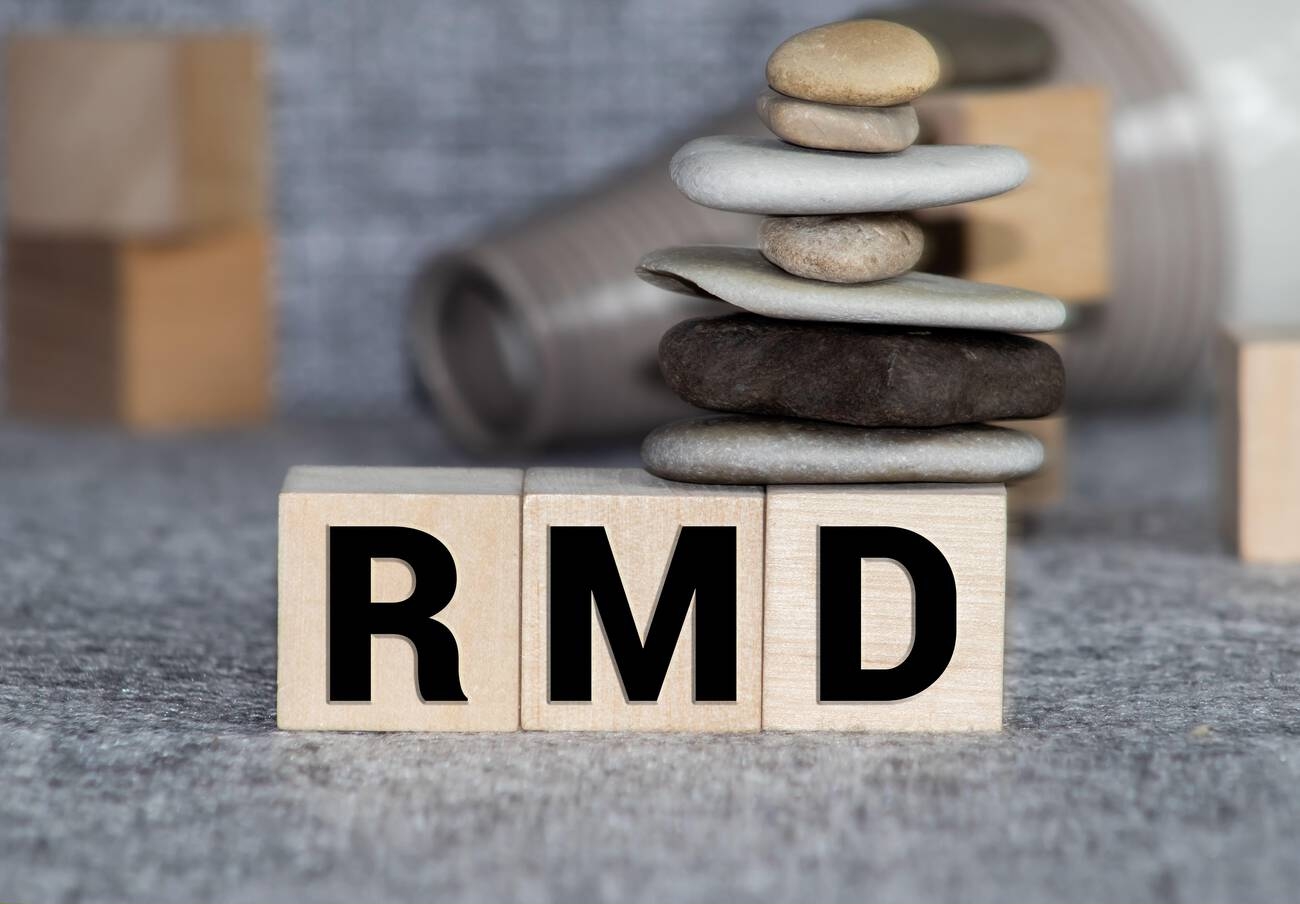The Department of the Treasury and the Internal Revenue Service has issued final regulations updating the required minimum distribution (RMD) rules.
The final regulations reflect changes made by the SECURE Act and the SECURE 2.0 Act impacting retirement plan participants, IRA owners and their beneficiaries. At the same time, Treasury and IRS issued proposed regulations, addressing additional RMD issues under the SECURE 2.0 Act.
While certain changes were made in response to comments received on the proposed regulations issued in 2022, the final regulations generally follow those proposed regulations.
Specifically, Treasury and IRS reviewed comments suggesting that a beneficiary of an individual who has started required annual distributions should not be required to continue those annual distributions if the remaining account balance is fully distributed within 10 years of the individual’s death as required by the SECURE Act. However, Treasury and IRS determined that the final regulations should retain the provision in the proposed regulations requiring such a beneficiary to continue receiving annual payments.
The new proposed regulations include provisions for which Treasury and IRS are soliciting public comments, including provisions addressing other changes relating to RMDs made by the SECURE 2.0 Act. For details on how to submit comments, see the proposed regulations.
Thanks for reading CPA Practice Advisor!
Subscribe Already registered? Log In
Need more information? Read the FAQs




